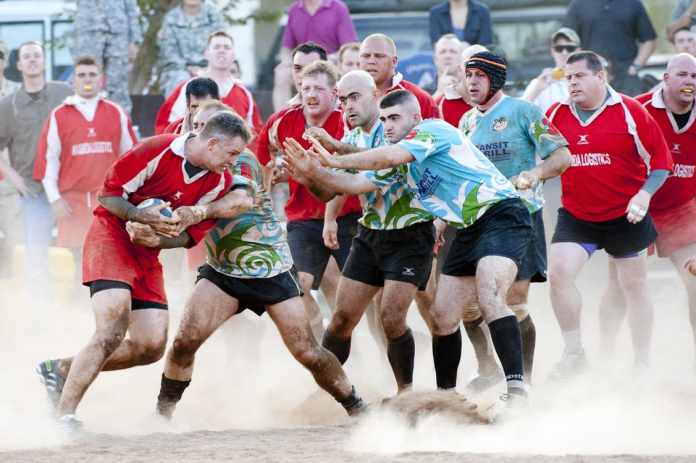In recent news in the world of rugby union, it has been revealed that the length of time that’s required for a top-level player to stand down following a head injury has been extended to a minimum of 12 days. This significant change to the concussion protocol was announced by World Rugby and is set to come into force in the 1st of July.
The Current Ruling
At present the stand down time is seven days, which has meant that if a top-level player was to fail a Head Injury Assessment – or HIA – they can theoretically return to action the next weekend, providing they have adhered to the current ‘return-to-play’ protocols.
However, by extending the timeframe by an additional five days it will prevent this from happening, but more specifically, it will also help to prevent players from hiding any lingering issues or head injury symptoms in order to be declared safe to play.
There will be some exceptions to this new process though. As any players who have been given an all-clear assessment from an independent specialist and who have a clear concussion history, may be able to play within the original seven-day timeline.
This new ruling will bring World Rugby in line with the RFL and AFL who have also previously changed their return timeframes to 11 and 12 days.
A step in the right direction for campaigners
A lobby group, Progressive Rugby, has been campaigning for change to the current rules for over a year, and according to Sky Sports, have said the move is a step in the right direction but believes more could still be done to protect players.
A spokesperson for the group said:
“While long overdue and not the perfect solution, this is a positive step for elite player welfare and will prevent most elite players from being exposed to extreme and unnecessary risk. It is also welcome acknowledgement for our members, who have long held grave concerns around this flawed protocol and lobbied tirelessly for it to be extended.
“However, while undoubtedly a victory for player welfare, the journey is not complete and Progressive Rugby will continue working to ensure that the great game of rugby can be enjoyed by future generations.”
Improvements to player safety
The World Rugby chief executive Alan Gilpin also commented on the new ruling, saying it will help improve player safety. He said:
“There are always going to be head impacts and there are always going to be concussions in rugby, so we are never going to eradicate that with the nature of the sport we have. But we want people comfortable that we have got a game that is safe to play at all levels and the sport is doing its best to protect and look after players’ safety and welfare.
“We are making progress, there are lots of areas where we have advanced. You can never do too much in this area. The key for us is to keep advancing with the science, and keep advancing as quickly as possible.”
New scientific analysis
All the changes to the rules and concussion criteria have come following advice from an independent concussion specialist, who provided World Rugby with new scientific analysis and evidence.
The 1st of July rollout also means the ruling will apply to next month’s Test series which will feature the England, Australia, Ireland and New Zealand national sides.















